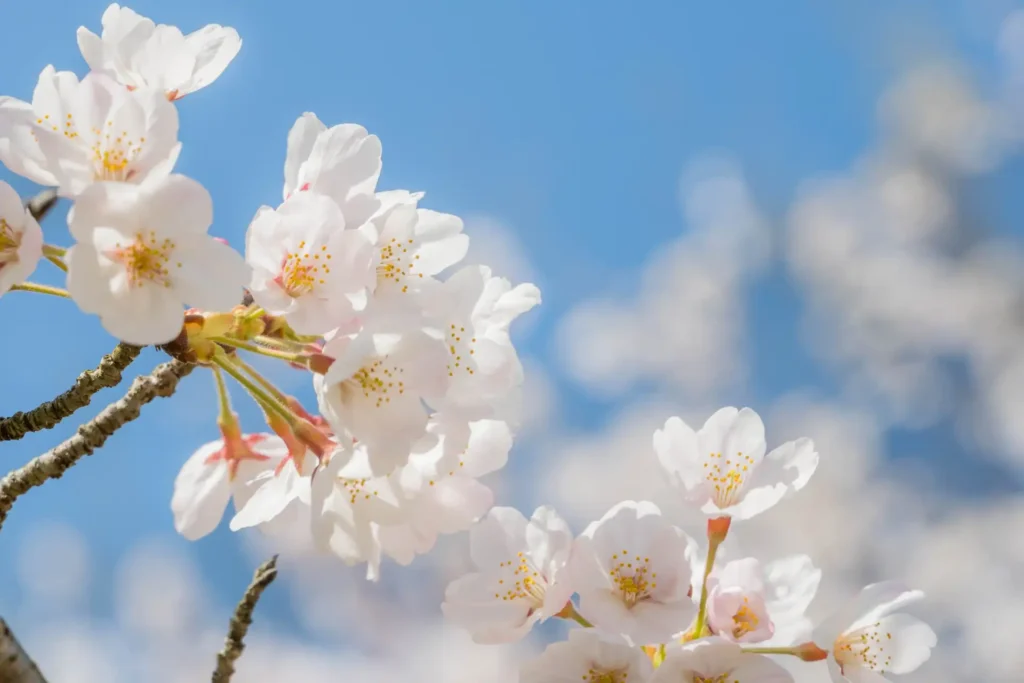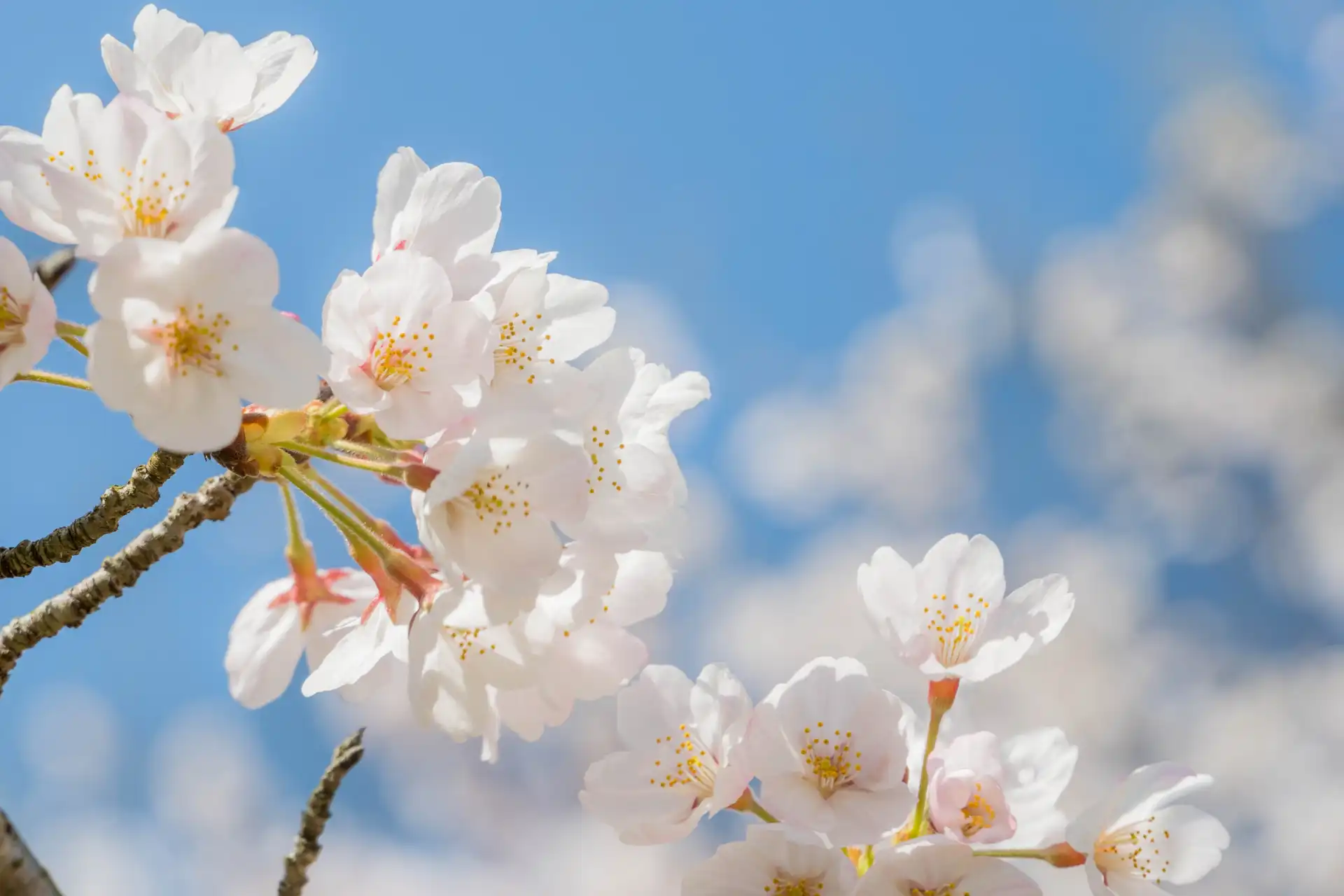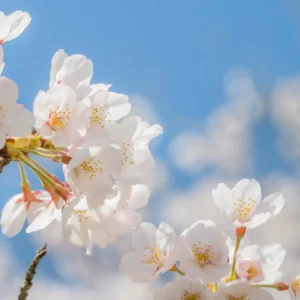【せんりみち公式】Experience it for yourself! Experience unique techniques and aesthetic sense at a Japanese traditional crafts workshop


Good evening.
This time, 「せんりみち」 is proud to bring you an article titled 「【せんりみち公式】Experience it for yourself! Experience unique techniques and aesthetic sense at a Japanese traditional crafts workshop」 Here you go!
【せんりみち公式】Experience it for yourself! Experience unique techniques and aesthetics at a traditional Japanese craft workshop/
In this article, we will talk in detail about the joy of experiencing a feast of traditional culture through a traditional Japanese craft workshop, and the importance of experiencing the depth of that technique and aesthetic sense. We will introduce some particularly recommended workshops from among the various workshops that are actually being held, and also point out points to keep in mind when participating. If you are interested in traditional Japanese craft workshops, please read to the end.
Table of Contents
Characteristics and highlights of traditional craft workshops
Japanese traditional craft workshops are not just a place to acquire skills, but also provide a special time to experience the culture itself. In these workshops, you can learn a wide range of things, from the techniques and values that the creators have inherited, to the stories that are embedded in the works. In addition, through the experiences of the craftsmen, you can learn about the depth of traditional crafts, the history behind them, and even their value in the present day.
Traditional crafts are not only art in the finished works themselves, but the process of making them also has a deep meaning. The workshop allows participants to experience all of this, making it a valuable opportunity to enjoy interacting with culture and acquiring skills at the same time.
The Appeal of Traditional Crafts
The appeal of traditional Japanese crafts lies not only in the way they are made and their beauty, but also in the stories they tell. Each piece reflects the nature and culture unique to the region, and sometimes the life of the maker. These crafts are not just decorative items or everyday items, but also symbols of the culture that Japan has cultivated over many years.
For example, the craftsman’s technique and sensibility are engraved in the shape and color of each ceramic piece. In dyeing, unique patterns are drawn while making use of colors obtained from nature. In Japanese paper, the texture of each fiber supports its beauty. All of these support the depth of traditional crafts.
The Value of Experience
There is great significance in actually experiencing traditional crafts, rather than just enjoying them by looking at them. The process of creating a work while touching the material with your own hands and feeling its texture and scent gives you a feeling that goes beyond mere appreciation. By experiencing the techniques and aesthetic sense, you will realize the depth of the culture that you have never known before.
Through this experience, you can understand how the craftsmen’s ingenuity and techniques are born. You can also sense the careful consideration and passion for preserving traditions that are in the techniques. Such experiences give you a deep sense of satisfaction that you cannot get from just sightseeing.
Acquisition and Deepening of Techniques
In the workshop, beginners will receive easy-to-understand instructions and gradually complete their work. Even if it is your first time participating, you can rest assured that you can proceed at your own pace with the support of the craftsmen. In addition, by experiencing it repeatedly, your technique will improve and you will be able to enjoy the joy of creating your own work.
Furthermore, acquiring techniques is not just about improving your skills. It will also deepen your sensibility to see things from a new perspective and your understanding of aesthetic sense, which will lead to your own growth.
Recommended Traditional Craft Workshops
A wide variety of traditional craft workshops are held throughout Japan. Each one makes use of materials and techniques unique to the region to provide participants with a unique experience. Here are some particularly noteworthy workshops.
Ceramics Workshop
Ceramics is one of the oldest traditional crafts in Japan. The process of touching clay with your hands, shaping it, and firing it to create a work of art can be said to be a dialogue with nature. You can create your own vessels and decorations while feeling the warmth and texture of the clay. In addition, the process of completing a ceramic work also includes scientific knowledge, such as the firing temperature and how to use glazes.
In ceramics workshops, you can often take home the work you made, so it will remain as a practical memory. In addition, pottery made with local soil is a special experience that allows you to directly feel the history and culture of the area.
Dyeing Workshop
In the dyeing workshop, you will learn the technique of dyeing cloth using colors obtained from plants and natural materials. The unique colors and patterns have a depth of flavor that cannot be obtained with modern industrial products. By experiencing traditional techniques such as plant dyeing and indigo dyeing, you can experience harmony with nature.
The appeal of dyeing is that each color shade and pattern is different. Even if the same material is used, different results will be produced depending on the technique and sensibility of the dyer, resulting in a work full of individuality.
Washi Workshop
All steps of washi making are done by hand, from preparing the materials to making the paper. The experience of making a piece of paper with your own hands while feeling the delicate texture and unique feel of washi is extremely valuable. In addition, washi is used for various purposes in daily life, and its appeal is not limited to simple crafts.
In washi workshops, participants can create works that reflect their individuality. For example, it is possible to include pictures and letters, or incorporate specific designs. This freedom of expression is one of the attractions of washi making.
Characteristics and how to enjoy each workshop
Each workshop has its own unique appeal, and by participating, you can experience the diversity of Japanese culture. Even if it is your first time participating, anyone can enjoy it with peace of mind, as craftsmen and instructors will carefully guide you. Another great attraction of the workshops is that you can take home your own original work.
Points to remember when participating
In order to fully enjoy a traditional craft workshop and spend a meaningful time, it is important to prepare in advance and be prepared during the workshop. Each craft and technique has a deep background, so you are required to have a respectful attitude towards learning. Keep the following points in mind to get the most out of your experience at the workshop.
Preparation in advance
When participating in a workshop, you can enjoy it smoothly by making the minimum amount of preparations. For example, researching information related to the theme of the workshop you are participating in advance will make your experience on the day deeper and more fulfilling.
Clothing and what to bring
It is important to choose clothes that are easy to work in. Since pottery and dyeing can get dirty, it is a good idea to prepare clothes that you don’t mind getting dirty or bring an apron. Also, since it may take a long time to work, it is a good idea to prepare drinks and towels.
Set expectations
A workshop is a place to learn a new technique, so it is important to enjoy the process rather than creating a perfect piece. Setting your own goals and expectations will increase your satisfaction with the experience.
Reflections after the experience
Reflections after the workshop are important to understand the experience more deeply and make what you learned your own. By putting into words what you felt and learned, you can feel your own growth.
Sharing your impressions
Sharing your impressions of the experience with family and friends allows you to organize what you learned again. Also, by showing your work, you can convey the charm of Japanese traditional crafts to others and create empathy.
Thinking about the next step
If you enjoyed participating in a workshop once, it is a good idea to look for the next craft you want to try or a course where you can learn more in-depth techniques. By attending regularly, you can further deepen your skills and knowledge.
How to be respectful
Traditional crafts are the culmination of techniques that artisans have honed over a long history. Therefore, it is important to have respect for each process and task during the experience. By treating the tools and materials used in the work with gratitude, you can gain deeper learning.
Communication with Craftsmen
In the workshop, you can learn a lot through dialogue with craftsmen and instructors. By actively asking questions, you can learn their perspectives and ways of thinking, and deepen your own understanding.
Deepening your understanding of Japanese culture
You can learn more than just techniques through the workshop. By deepening your understanding of the background Japanese culture and history, the value of the experience itself will increase even more.
Summary
Japanese traditional craft workshops are special places where you can experience the joy of making works with your own hands while learning techniques and culture. Each workshop, such as pottery, dyeing, and washi paper, has its own unique appeal, and each conveys the diversity of Japanese culture. By preparing in advance and being mentally prepared during participation, you will be able to spend a more fulfilling time.
For those who want to experience and understand Japanese culture more deeply, traditional craft workshops are the perfect choice. Please give it a try and find new values and emotions.


Today's article was 【せんりみち公式】Experience it for yourself! Experience unique techniques and aesthetic sense at a Japanese traditional crafts workshop from 「せんりみち」.
We hope that you will also discover new knowledge from the #tag keywords below.




